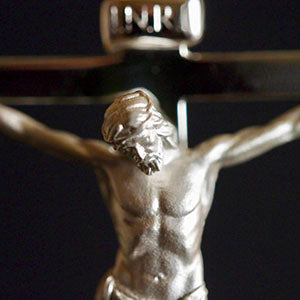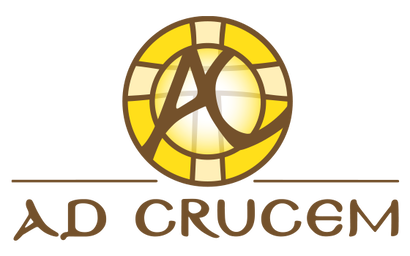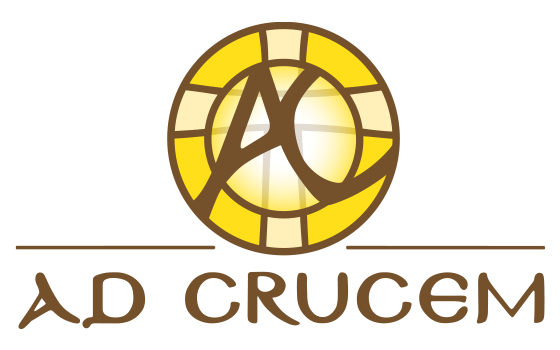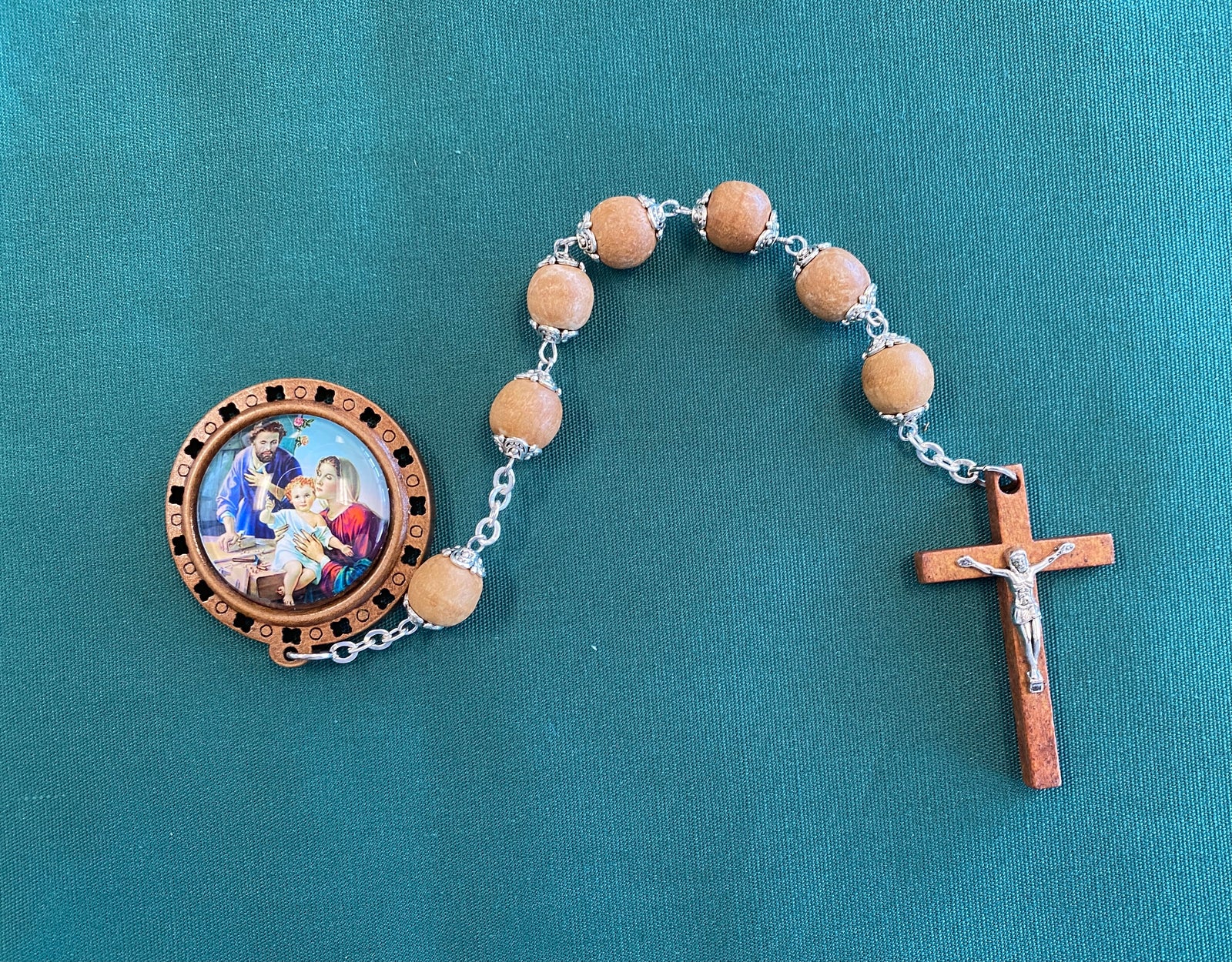Our Road to Lutheranism

We arrived at confessional Lutheranism much the same as the Ethiopian eunuch became a Christian: We needed a properly trained theologian to come alongside us and reveal the scriptural truth to which we were blind. Before describing that process, it’s necessary to retrace some history.
Growing Up African
Our backgrounds in South Africa resemble a gathering of the World Council of Churches. My parents are Baptist and come from lineages that were pietistic Lutheran, Seventh Day Adventist, Anglican, Salvation Army and Apostolic.
Growing up, the Baptist Church delivered a combination of Spurgeon and Moody but mostly Moody. Involvement in the life of the church was taken seriously and with great reverence for Scripture and legalism. For high school, I attended a nominally Baptist boarding school that practiced YWAM-style evangelicalism. School was followed by conscription to the South African army where I was in a minority that was identified in church parades as “Englishmen, soccer players and Methodists.” Indeed, Methodism was the only option provided until we deployed to operational areas where the chaplains who attended us were uniformly Dutch Reformed with crippled English.
My wife, Wanita, was born into a lapsed Baptist and Dutch Reformed household that dabbled with the Jehovah’s Witnesses, and Rosicrucianism. Her upbringing was primarily pagan until her middle school years when her mother fell headlong into the Word of Faith movement thanks to a Rhema import from Oklahoma. It was hardly an ideal place to discover Christianity, and yet she came away from it with a remarkable knowledge of Scripture but not doctrine.
On graduation from the university, we married and only drifted back to church after our first child was born, giving the prior years of Sundays to leisure. We found a Baptist-influenced, non-denominational church. It was a clear indication that we didn’t have a clue about the purpose and function of church, only that there was an amorphous need for it. We never got the chance to settle in after receiving the opportunity to emigrate to the United States in 2000.
Pew Itinerancy
The trans-Atlantic hop produced substantial culture shock, especially in searching for a church. Our reflex was to find something “Baptist” only to discover that there were several dozen strains of Baptist just in central New Jersey. Since it was impossible to reliably sort out which was which, we tried a Christian and Missionary Alliance church on the recommendation of acquaintances. It was on the leading edge of the seeker-friendly mega-church wave, and it repulsed us with its shallowness and relentless merchandising.
Eventually, exhausted after months of pew itinerancy and hungry for assimilation, we took up space at an Assemblies of God church in a beautiful building across from Princeton University. As Assemblies of God churches go, it was remarkably tame with few of the charismatic eccentricities for which the denomination is known. But we never settled, despite making dear friends.
When our eldest daughter needed to start school, we selected a local Christian school affiliated with a “Bible” church, our first exposure to narrow Fundamentalism. Inevitably, we left the Assemblies of God church for the Bible church where there was no praise band to grind our teeth against and the preaching was more sound.
With the benefit of hindsight, we now understand that we were being dosed with Law-Gospel-Law. The Gospel proclamation was clear and regular, but it would subsequently be smothered with relentless exhortations to live transformed lives. Ironically, the pastors urged the congregation’s members to be certain of their salvation in Christ alone, only to undermine that assurance with stories of failed sanctification that proved that the culprit had made a false confession of faith to begin with.
A job offer took us from New Jersey to St. Louis where the church search drama began all over again. We ran through a seemingly endless number of churches before giving up and choosing a Bible church with a “quiet” style that inclined to hymns rather than happy-clappy enthusiasm.
Although we had enrolled our son at a local LCMS church (Lutheran Church - Missouri Synod) early learning center, our reaction to attending services there was, “This is Roman Catholicism.” We had been conditioned all our lives to regard any liturgical display as the spawn of Rome.
Despite the variety of churches we cycled through over the years, they all had a core mashup heterodox theology:
A. Decision theology with four chief parts
- Choosing Jesus as Lord following remorse about sin. Radical conversion from deviancy is somewhat prized since it provides a the narrative for a “personal testimony.” Testimonies are leveraged as an irresistible means of evangelism and an irrefutable apologetics tool.
- Full immersion Baptism accompanied by saccharine sentiment to advertise the sincerity of the individual’s commitment to be a Jesus follower.
- Cultivating “relationship with Jesus” through spiritual disciplines, mission trips and doing nice things for others. Those are used as mile markers, which must be visible, for sanctification.
- Periodic revitalizations to balance the despair at being unable to keep the Law. This can involve repeated Baptisms in case the prior ones did not take for an unrecognized lack of sincerity.
B. A rejection of the Sacraments in favor public and private acts of obedience.
C. Reading Scripture eisegetically and analogously in search of personal applications.
D. Dispensational eschatology with a heavy influence on supporting Israel in order to fulfill end-times prophecy.
E. Continuationism that produces prideful demonstrations of piety and proof of relationship.
Theological Logjam
A confluence of events broke the theological logjam. It started with a sermon where the pastor preached from a text that included a reference to Baptism. He paused to tell us that the text did not mean what it plainly said but had another meaning that preserved Baptism as merely an ordinance. It was shocking and unsettling to hear.
At the same time, I was developing serious objections to Dispensationalism following a sermon series on Revelation that was off-kilter.
The disagreement was mostly rational rather than theological, but researching the theology surfaced Calvinists of the Young, Restless and Reformed variety. Lutherans did not pop up, because Lutherans tend to say rather little about eschatology.
That initial contact started to bring us deeper into the five-point Calvinist orbit. That network was serious about doctrine in a way that we had never heard before, which resulted in us starting to track toward monergism. In turn, that was unlocking door after door in our understanding and application of Scripture.
As this was developing, I was asked to become involved in “children’s ministries.” In searching for a curriculum for a new school year, it became obvious that there was nothing salutary from the usual publishers the church relied upon. All the material was focused on developing obedience and upholding Jesus as a moral example.
To test my suspicions, I conducted an informal survey of church kids who were regulars on Sundays, at Vacation Bible School, summer camps and Wednesday night clubs, those deeply immersed in the life and teaching of the congregation. The question was simple: “Why did Jesus have to die on a cross?” The answers were disheartening in their near uniformity: “Because He loves me.” It was Veggie Tales theology. When the survey was extended to adults, the responses were hardly different. The church had a very weak soteriology and a deformed Christology. It celebrated God’s grace without any notion of the means of grace.
It so happened that in the search for a new curriculum I came across Concordia Publishing House’s Growing with Christ materials. It was exactly what we needed, but it was Lutheran. That was a problem because it kept referencing the Sacraments. We could not teach the material because Baptism was something you performed as a faith proof and Communion was to test sincerity. In both instances, they were undertaken at the instigation of parents.
Compelled to undertake some research on the Sacraments, we were flooded with Lutheran resources. We came into contact with the White Horse Inn and Modern Reformation, Pirate Christian Radio, Table Talk Radio, Issues Etc. and a host of blogs. The tide had turned, and our resistance was ebbing away for lack of reasonable objections.
Ironically, at much the same time, our pastor went on sabbatical, and during his absence, the adult Sunday School used a Reformed study of Law and Gospel. That resulted in yet more research and study where the best answers again came from confessional Lutherans.
We had to confront the Sacraments more directly when our then 10-year old daughter asked to be baptized before we moved to Denver for a new job. The church asked her to prepare a testimony. We asked her to study Scripture with us. The result was an alert to the church that she would have no testimony, only a statement of the benefits of Baptism per Scripture based on Lutheran doctrine. To their credit, the pastors did not object and baptized her. It certainly brought home the issue for us when the person who came after her gave his testimony that this was his third Baptism, because the other two didn't “take.”
As we prepared to relocate to Denver, it was clear that we were no longer evangelicals in any sense. We were going to have to find a Lutheran church. Providentially, we rented a home across the street from a family that attended a confessional LCMS church in Denver. They invited us to worship with them, and we accepted.
The actions of the pastor amazed us. We were contacted immediately after our first visit, and he set up a time to meet with us and plan our catechesis.
For some 12 weeks thereafter, he showed up at our home every Thursday evening in his clerical collar to instruct us patiently, while suffering the unwanted attention of an exuberant dog and the distractions of a busy household. We had never come across a sole pastor that invested so much time into one family without any expectation of a return. It was also clear that the pastor was exceptionally well-trained. He was able to clarify doctrine from Scripture and the Confessions without hesitation, and it was wholly consistent with what he preached every Sunday and supported by the liturgy that was also catechizing us.
We finally found peace and joy in Christ because a faithful remnant were unwilling to compromise sound doctrine. Long may they be preserved in, by and for the sake of Christ.
Leave a comment
Comments will be approved before showing up.





